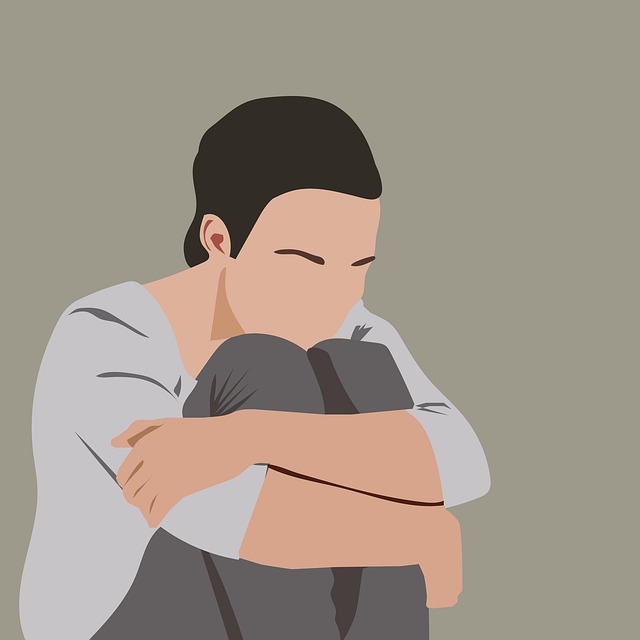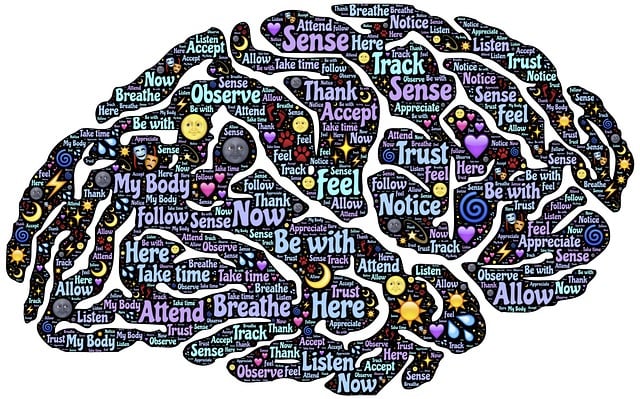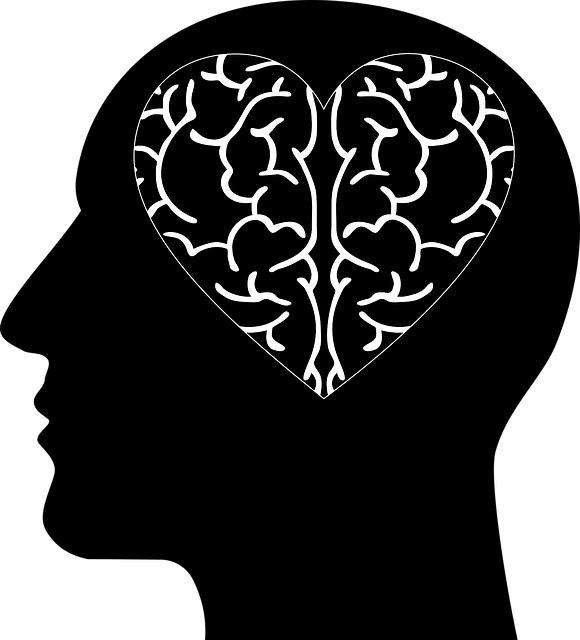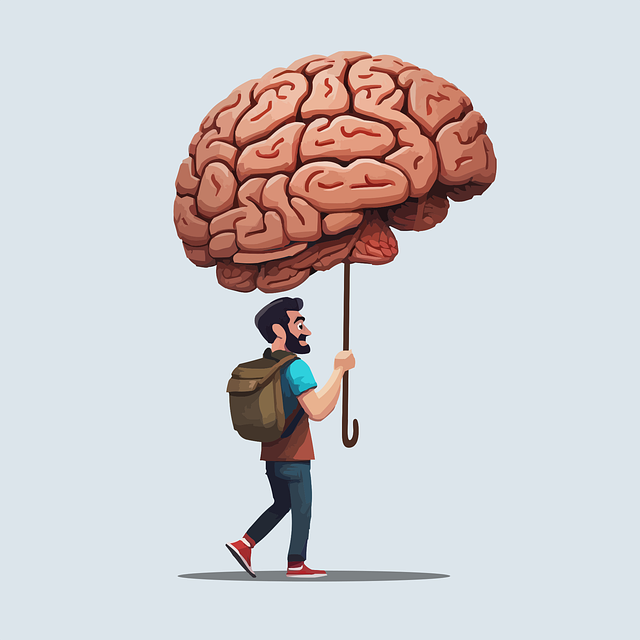Children's OCD requires specialized therapy for children obsessive compulsive disorder that combines crisis intervention, anxiety relief techniques, and cognitive behavioral therapy (CBT). This approach, emphasizing supportive environments, open communication, and stigma reduction, equips kids to manage obsessions and compulsions. CBT coaches help identify and challenge negative thoughts, providing coping strategies for balanced, fulfilling lives.
Mental wellness coaching programs are gaining prominence in addressing children’s mental health, particularly focusing on managing conditions like Obsessive-Compulsive Disorder (OCD). This article delves into the development of such programs, offering insights on understanding children’s mental health and OCD. We explore effective designing principles for coaching young minds and the integration of therapy techniques tailored for OCD management. By combining evidence-based practices with compassionate coaching, these programs aim to enhance the well-being of children struggling with this common yet challenging disorder.
- Understanding Children's Mental Health and OCD
- Designing Effective Coaching Programs for Young Minds
- Integrating Therapy Techniques in Coaching Sessions for OCD Management
Understanding Children's Mental Health and OCD

Children’s mental health is a critical aspect that requires increasing attention, especially regarding conditions like Obsessive Compulsive Disorder (OCD). OCD manifests as persistent, intrusive thoughts and repetitive behaviors, impacting a child’s daily life and overall well-being. Therapy for Children Obsessive Compulsive Disorder focuses on helping young individuals manage these symptoms through various evidence-based approaches. One effective strategy is crisis intervention guidance, which teaches children and their families tools to de-escalate intense moments and develop healthier coping mechanisms.
Anxiety relief techniques play a significant role in treating OCD, as many children struggling with this disorder experience severe anxiety related to their obsessions. Communication strategies are also vital; therapists work with kids to express their thoughts and feelings, helping them understand that while their obsessions may seem real, they can be managed and controlled. By combining these therapeutic methods, professionals aim to empower children to lead more balanced and fulfilling lives.
Designing Effective Coaching Programs for Young Minds

Designing effective coaching programs for young minds requires a nuanced approach that caters to their unique needs and developmental stages. Incorporating evidence-based strategies such as cognitive behavioral therapy (CBT) specifically tailored for children with conditions like Obsessive Compulsive Disorder (OCD) is paramount. These approaches must be delivered in a supportive, non-judgmental environment fostering trust and open communication.
Beyond therapeutic techniques, addressing the pervasive mental illness stigma reduction efforts through education and awareness campaigns within schools and communities is essential. Healthcare provider cultural competency training plays a vital role here, ensuring coaches understand and respect diverse backgrounds, beliefs, and family dynamics. Comprehensive risk assessment for mental health professionals is also crucial to identify potential risks and implement strategies to mitigate them, creating a safe and supportive coaching experience for young participants.
Integrating Therapy Techniques in Coaching Sessions for OCD Management

Incorporating therapy techniques within mental wellness coaching programs is particularly beneficial for managing conditions such as Obsessive Compulsive Disorder (OCD) in children. Coaches trained in Cognitive Behavioral Therapy (CBT), a common approach, can help clients identify and challenge obsessive thoughts while teaching them coping strategies to manage compulsions. By combining the structured nature of coaching with the therapeutic techniques of CBT, programs can offer a comprehensive solution for youth dealing with OCD symptoms.
Effective coaching sessions should include risk assessment tools to gauge a child’s emotional state and ensure their safety. Mental health professionals involved in designing these programs must prioritize empathy-building strategies, fostering an environment where clients feel understood and supported throughout the therapeutic journey. This holistic approach ensures that therapy techniques are not only integrated but also tailored to meet each individual’s unique needs, promoting positive mental health outcomes.
Mental wellness coaching programs focused on children’s mental health, particularly those dealing with Obsessive-Compulsive Disorder (OCD), have proven to be valuable tools in their management. By integrating therapy techniques within coaching sessions, we can create effective interventions that cater to the unique needs of young minds. This approach ensures a holistic support system, fostering not just symptom reduction but also enhancing overall mental wellness for children affected by OCD. Through tailored programs, coaches can guide and empower kids to navigate their challenges and lead fulfilling lives.












